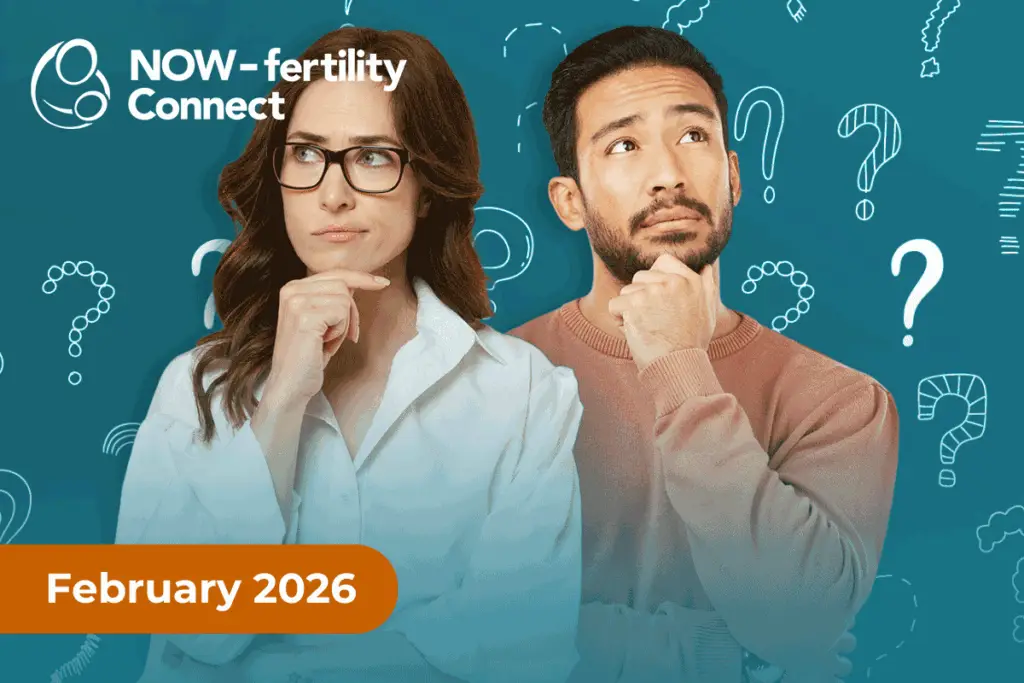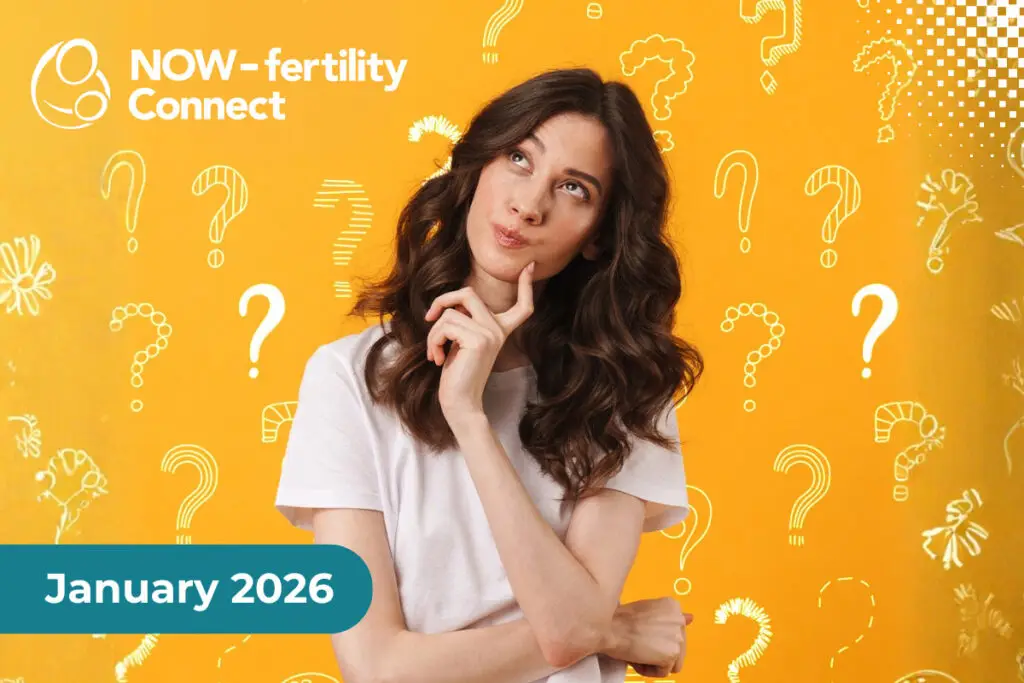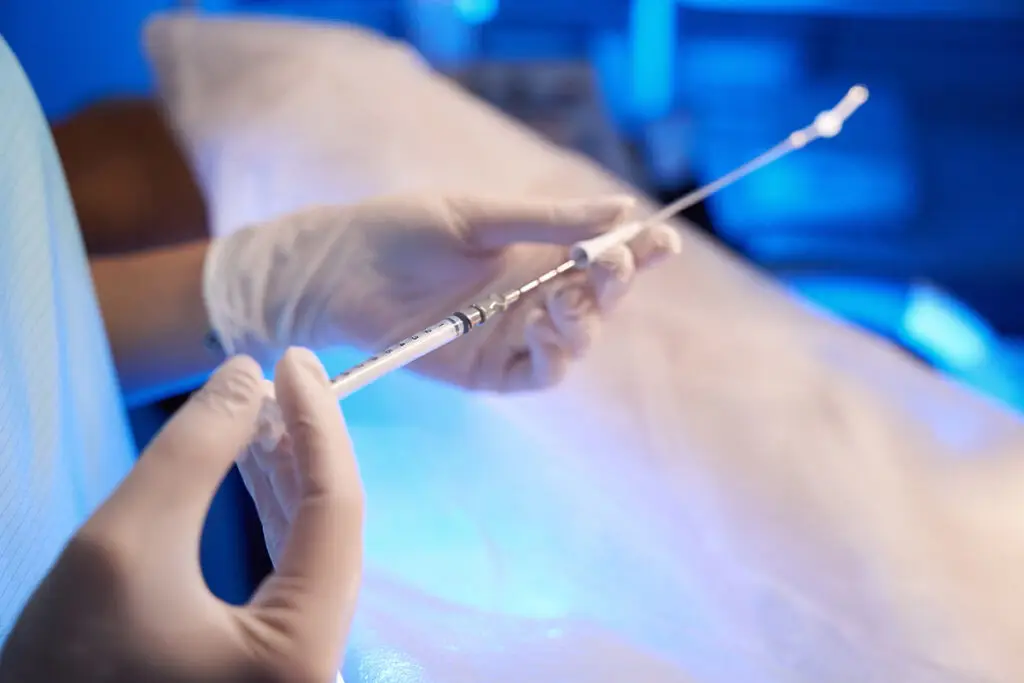The concept of ovarian stimulation in the luteal phase was first introduced by a group of researchers in China. Other physicians got intrigued by this approach and started testing it in different patient groups, mainly reduced ovarian reserve, PCOS and endometriosis that were difficult to treat using the conventional follicular phase stimulation regime.
There is growing evidence to demonstrate that the presence of progesterone during ovarian stimulation is not affecting negatively egg quality, embryo quality or pregnancy rates. In fact, in some cases the results of stimulation can be better compared with the conventional protocols.
The use of progesterone to inhibit the LH surge and ovulation as “oral antagonist” is likely to revolutionise the way we stimulate our patients in the future. Following the widespread use of embryo vitrification, an increasing number of physicians recommends “freeze all” which entails the transfer of thawed blastocyst(s) in cycles where the ovaries are not stimulated. As result, ovarian stimulation and embryo transfer stages of the IVF cycle can be separated, and attention to the endometrial lining during ovarian stimulation is not longer required.
There is no doubt that knowing that the presence of progesterone during ovarian stimulation is not harmful to the egg quality and we don’t need optimal endometrium after stimulation, affords enough freedom to tailor the ovarian stimulation, which can commence at any time during the cycle, except when a dominant follicle is found. If endogenous progesterone is present in the luteal phase, no additional progesterone is to be administered. Instead, if stimulation starts in the follicular phase, oral progesterone such as Medroxyprogesterone 10mg per day or Dydrogesterone 20mg per day can be added. This approach will reduce the costs of stimulation and improve patient comfort, since progesterone is given orally and is significantly cheaper than GnRH antagonist injections to control ovulation during ovarian stimulation.
Are you considering fertility treatment?
If you would like to speak with a NOW-fertility expert to learn more about any of our treatments or services and how we can help, then please click below to get started.




